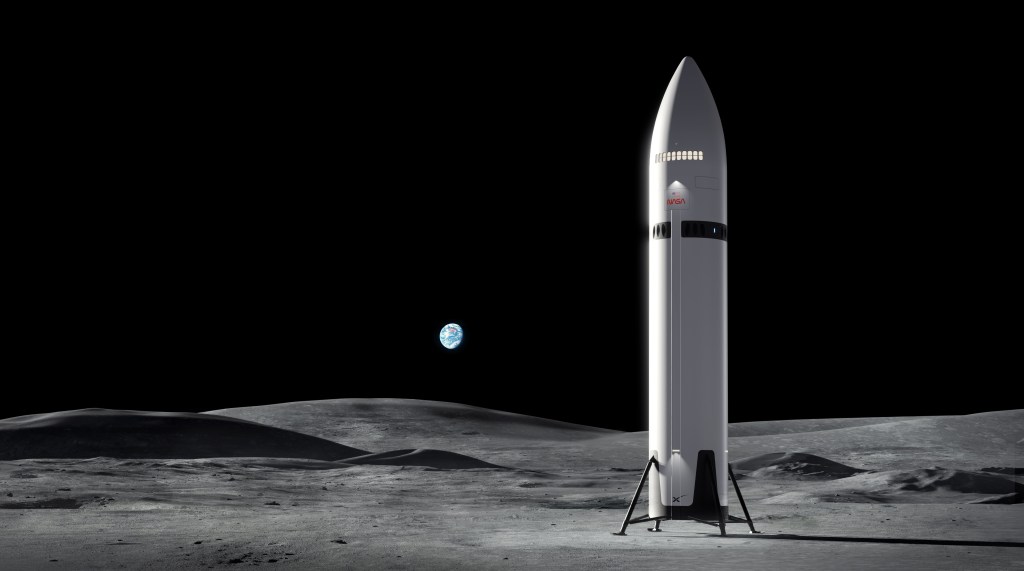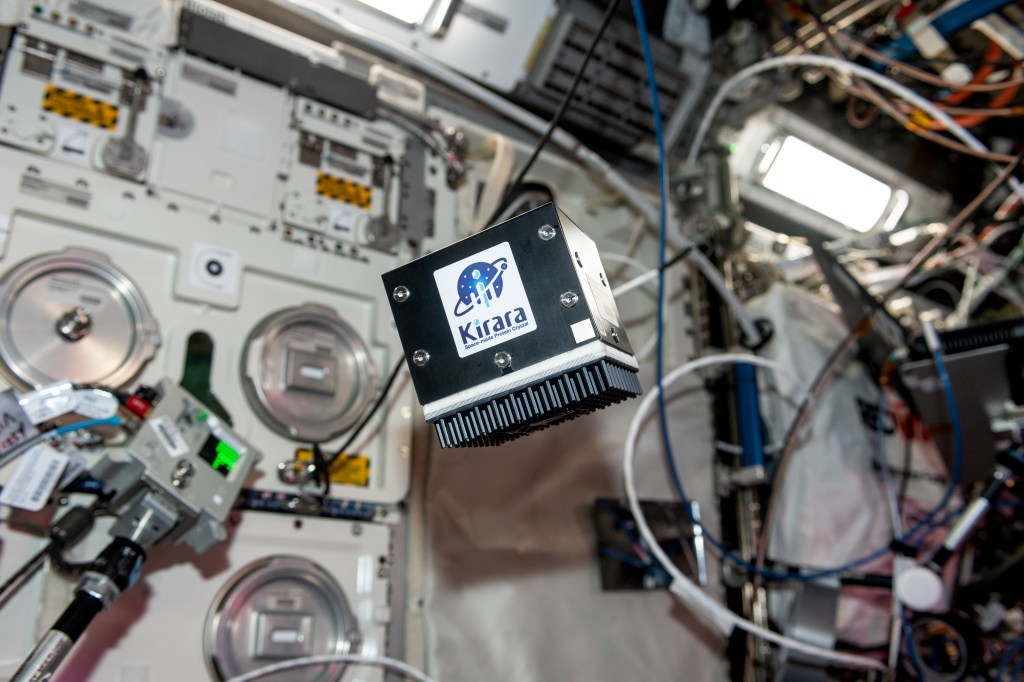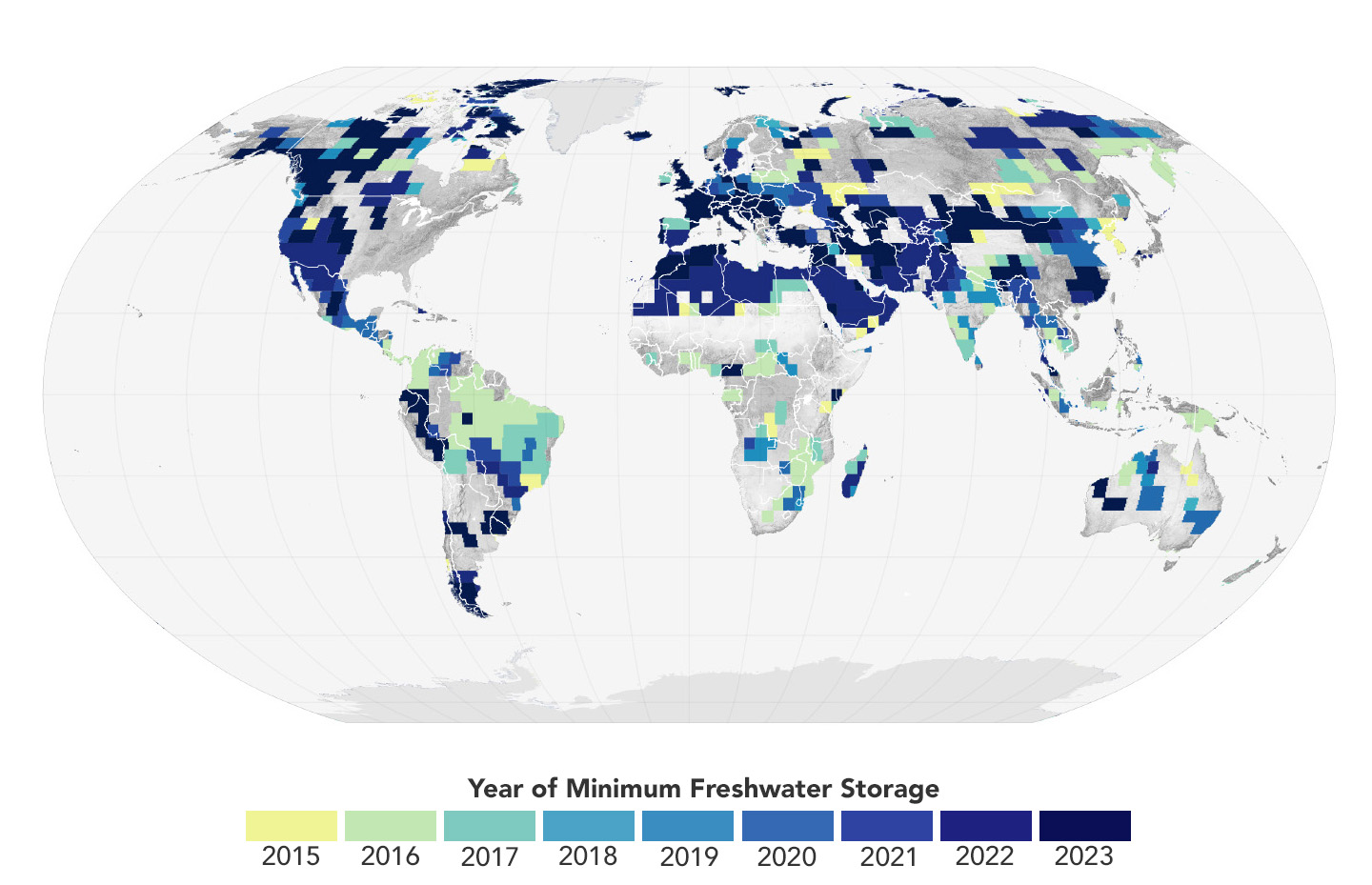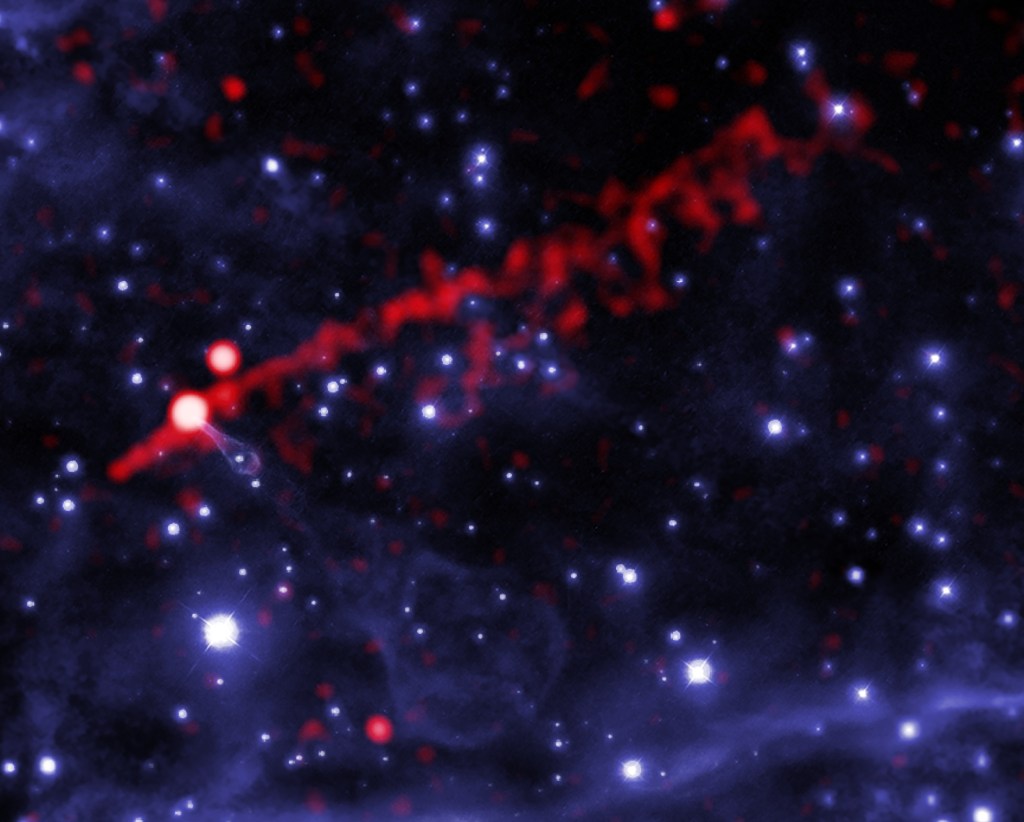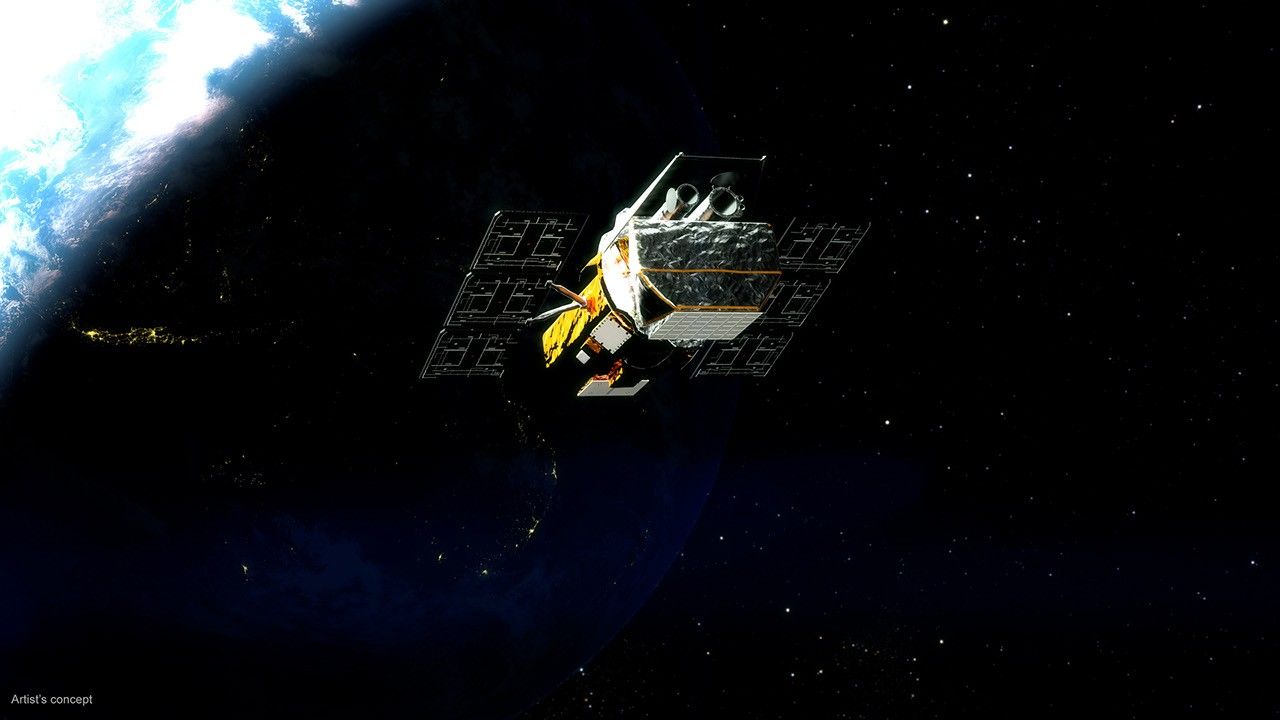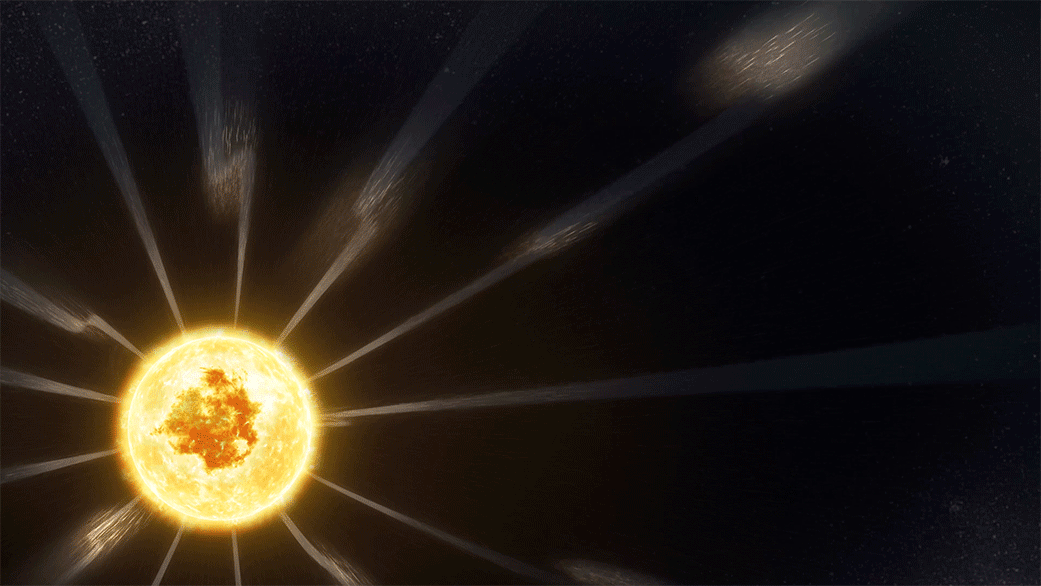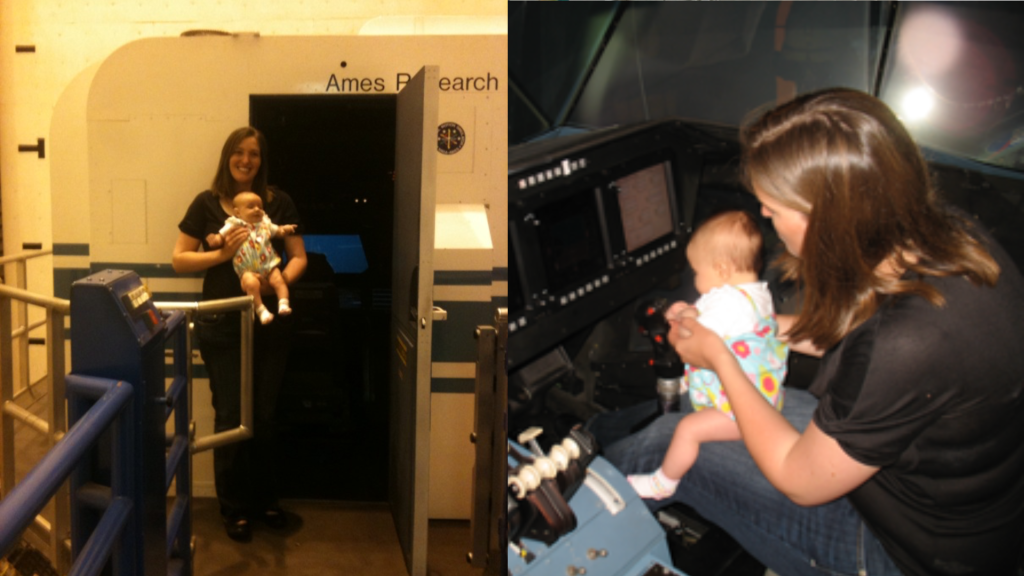
Jessica U. Meir
NASA Astronaut
Follow Jessica
Summary
Jessica U. Meir, a first generation American born to Israeli and Swedish immigrants, was selected by NASA in 2013. She holds a Bachelor of Arts in Biology from Brown University, a Master of Science in Space Studies from the International Space University, and a Doctorate in Marine Biology from Scripps Institution of Oceanography (UCSD). From 2000 to 2003, Dr. Meir worked for Lockheed Martin’s Human Research Facility, supporting human physiology research. During this time, she also participated in research flights on NASA’s reduced gravity aircraft and served as an aquanaut in an underwater habitat for NASA Extreme Environment Mission Operations (NEEMO). Prior to becoming an astronaut, her career as a scientist focused on the physiology of animals in extreme environments. Meir most recently served as flight engineer on the International Space Station for Expedition 61 and 62, and participated in the first all-female spacewalks.
Personal
First generation American born in Caribou, Maine, to Israeli and Swedish immigrants. Proud mother of a daughter with her husband, Duke Brady. Recreational interests include skiing, hiking, running, cycling, soccer and SCUBA diving. She is a private pilot and is conversational in Swedish and Russian.
Education
Graduated from Caribou High School, Caribou, Maine. Earned a Bachelor of Arts degree in Biology from Brown University in 1999. Earned a Master of Science degree in Space Studies from International Space University in 2000. Earned a Doctorate in Marine Biology (diving physiology) from Scripps Institution of Oceanography (UCSD) in 2009.
Experience
For her Ph.D. research, Dr. Meir studied the diving physiology of marine mammals and birds, focusing on oxygen depletion in diving emperor penguins (Antarctic field research) and elephant seals (northern California). She investigated the high‐flying bar-headed goose during her post‐doctoral research at the University of British Columbia, training geese to fly in a wind tunnel while obtaining various physiological measurements in reduced oxygen conditions. In 2012, Dr. Meir accepted a position as Assistant Professor at the Harvard Medical School/Massachusetts General Hospital, where she continued her research on the physiology of animals in extreme environments. She also took part in Smithsonian Institution diving expeditions to the Antarctic and Belize, and has been very active with scientific outreach efforts.
NASA Experience
From 2000 to 2003, Dr. Meir worked for Lockheed Martin’s Human Research Facility (NASA Johnson Space Center), supporting human physiology research on the space shuttle and International Space Station. During this time, she also participated in research flights on NASA’s reduced gravity aircraft and served as an aquanaut crew member in the Aquarius underwater habitat for the 4th NASA Extreme Environment Mission Operations (NEEMO) mission. Dr. Meir was selected in June 2013 as one of eight members of the 21st NASA astronaut class. Her Astronaut Candidate Training included scientific and technical briefings, intensive instruction in International Space Station systems, spacewalks, robotics, physiological training, T38 flight training, and water and wilderness survival training.
In the astronaut office, Meir has extensive Mission Control Capsule Communicator (CapCom) experience, including serving as Lead CapCom for Expedition 47, the BEAM (Bigelow expandable module on the International Space Station) mission, and an HTV (Japanese Space Agency cargo vehicle) mission. She was also the ground IV (mission control communicator to spacewalking astronauts) for two space station spacewalks. In 2016, Meir served as a crew member on the European Space Agency (ESA) CAVES space analog caving mission in Sardinia, Italy. In 2022, she served as the Commander for a Desert Research and Technology Studies (Desert RATS) mission. Since returning from space, Meir has served as the Assistant to the Chief Astronaut for Commercial Crew (SpaceX), Deputy for the Flight Integration Division and Assistant to the Chief Astronaut for the Human Landing System (HLS, the program facilitating the build of a lunar lander).
Spaceflight Experience
Expedition 61 and 62 (September 25, 2019 through April 17, 2020). The crew launched from the Baikonur Cosmodrome aboard the Soyuz spacecraft. Meir, who served as Flight Engineer, was also joined by Soyuz Commander Oleg Skripochka of the Russian space agency Roscosmos, and Hazzaa AlMansoori, the first astronaut from the United Arab Emirates. During her first spaceflight, Meir conducted the first three all-woman spacewalks with crewmate Christina Koch of NASA, totaling 21 hours and 44 minutes. The crew contributed to hundreds of experiments in biology, Earth science, human research, physical sciences and technology development. Among the investigations to which she contributed is a study co-led by a former colleague of hers, examining how human heart tissue functions in space. She spent 205 days in space, 3,280 orbits of Earth and a trip of 86.9 million miles.
Awards/Honors
Time magazine’s 100 Most Influential People of 2020; Maine Women’s Hall of Fame (2022); UCSD Outstanding Alumni Award (2021); Honorary degrees (2020/2021) – Brown University doctorate (Rhode Island), Bowdoin College (Maine), Luleå University of Technology doctorate (Sweden); Achievement Rewards for College Scientists (ARCS) Foundation Alumni Hall of Fame (2020); Guinness World Records: first all-female spacewalk (18 Oct 2020); American Physiological Society Early Career Advocacy Science Policy Fellowship (2013); National Science Foundation International Research Post-doctoral Fellowship (2009); Philanthropic Educational Organization (PEO) Scholar Award (2008); Achievement Rewards for College Scientists (ARCS) Fellowship (2006); Department of Defense National Defense Science and Engineering Graduate (NDSEG) Fellowship (2003); Lockheed Martin Space Operations (LMSO) Special Recognition Award (2002); LMSO Employee of the Month (2002); NASA JSC Space and Life Sciences Directorate Special Professional Achievement Award (2002); Lockheed Martin Technology Services “Lightning Award” (2002).
Organizations
American Physiological Society, Society for Experimental Biology, Canadian Society of Zoologists, Society for Integrative and Comparative Biology, Adventurers and Scientists for Conservation.





